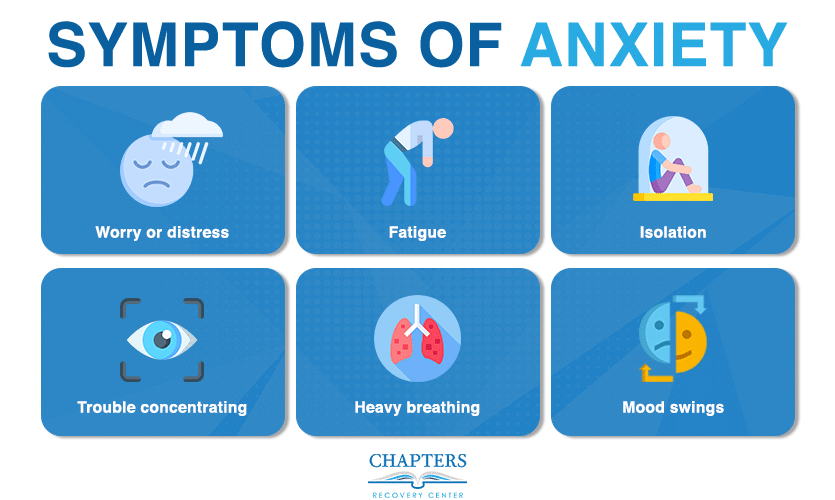Navigating the Emotional Numbness in Early Recovery
Imagine this: you’ve made it through the first week without substances. The physical withdrawal symptoms are starting to fade, but now you’re hit with something unexpected—a profound sense of emptiness. Days feel monotonous, and nothing seems exciting anymore. It’s like the world has lost its color, and you’re left wondering, “Is this what sobriety feels like?”
If this resonates with you, know that you’re not alone. This emotional flatness is a common and temporary phase in early recovery.
Why Does Sobriety Feel So Dull Right Now?
During substance use, drugs and alcohol flood the brain with dopamine, the “feel-good” neurotransmitter that plays a key role in motivation and pleasure. Over time, your brain adapts by producing less dopamine naturally. When you stop using, there’s a deficit, leading to feelings of dullness and lack of interest in activities you once enjoyed. This condition, known as anhedonia, is a hallmark of early recovery.
According to the National Institute on Drug Abuse, chronic substance use alters the brain’s reward system, making it difficult to experience pleasure from everyday activities
What to Keep in Mind During This Phase
- It’s a Sign of Healing
Your brain is recalibrating its chemistry. This phase is a natural part of the healing process, and while it may be uncomfortable, it’s temporary. - Small Victories Are Significant
Each day without substances is a triumph. Acknowledge milestones like completing a week of sobriety, even if they don’t feel particularly rewarding right now. - Your Brain Is Rewiring
Every sober day contributes to restoring your brain’s natural balance. The current dullness is paving the way for future joy and fulfillment.
Coping Strategies for Emotional Numbness
- Establish a Daily Routine
Having a structured day can provide a sense of purpose. Incorporate simple activities like morning walks, journaling, or attending support meetings to create a sense of normalcy. - Revisit Old Hobbies
Engage in activities you once loved, even if they don’t bring immediate joy. Over time, your interest and pleasure in these hobbies can return as your brain heals. - Connect with Supportive People
Share your feelings with friends, family, or support groups. Connecting with others who understand your experience can provide comfort and reduce feelings of isolation. - Prioritize Self-Care
Focus on nourishing your body with healthy food, staying hydrated, and getting adequate rest. Physical well-being can significantly impact your emotional state. - Practice Patience and Self-Compassion
Recovery is a journey with its own pace. Be gentle with yourself and recognize that it’s okay to have challenging days.
Looking Forward
It’s challenging to envision now, but your capacity to experience joy and excitement will return. Many in long-term recovery recall periods of emotional numbness, only to find that, with time, their zest for life reemerged, often stronger than before.
If you’re in this “gray” phase, remember: it’s a temporary stage in your recovery journey. The current dullness signifies that your brain is healing, and as it does, the vibrancy of life will gradually return.
You Don’t Have to Face This Alone
At Chapters Recovery Center, we understand that recovery encompasses more than just abstaining from substances—it’s about rediscovering a fulfilling life. Our programs are designed to support you through every phase of recovery, including the emotional challenges.
If you’re finding this period particularly tough, reach out to us. Recovery is a path best walked together, and we’re here to support you every step of the way.








